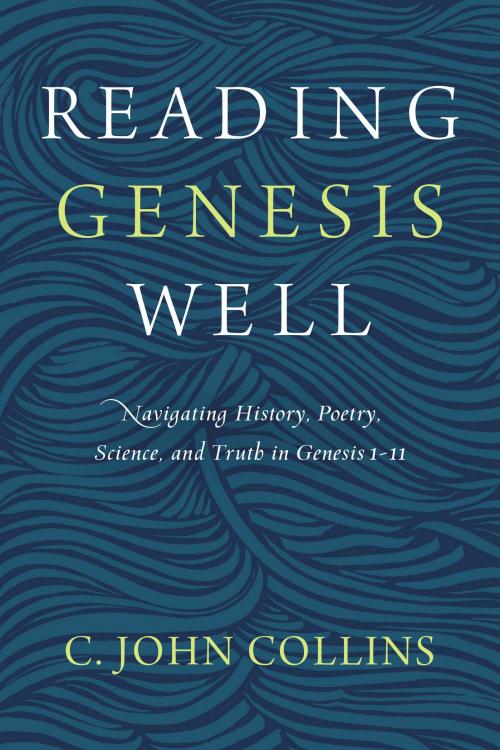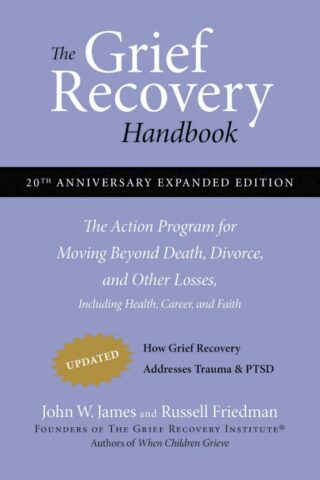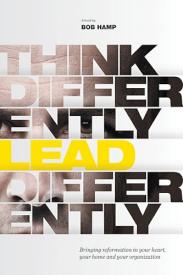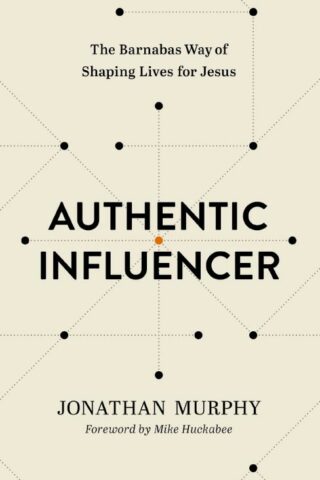Reading Genesis Well
$36.99
What does it mean to be a good reader of Genesis 1-11? What does it mean to take these ancient stories seriously and how does that relate to taking them literally? Can we even take any of this material seriously?
Reading Genesis Well answers these questions and more, promoting a responsible conversation about how science and biblical faith relate by developing a rigorous approach to interpreting the Bible, especially those texts that come into play in science and faith discussions. This unique approach connects the ancient writings of Genesis 1-11 with modern science in an honest and informed way.
Old Testament scholar C. John Collins appropriates literary and linguistic insights from C. S. Lewis and builds on them using ideas from modern linguistics, such as lexical semantics, discourse analysis, and sociolinguistics. This study helps readers to evaluate to what extent it is proper to say that the Bible writers held a “primitive” picture of the world, and what function their portrayal of the world and its contents had in shaping the community.
in stock within 3-5 days of online purchase
SKU (ISBN): 9780310598572
ISBN10: 0310598575
C. John Collins
Binding: Trade Paper
Published: October 2018
Publisher: Zondervan
Print On Demand Product
Related products
-
Knowledge Of The Holy
$15.99Informative and inspiring, The Knowledge of the Holy illuminates God’s attributes–from wisdom, to grace, to mercy–and shows through prayerful and discussion, how we can more fully recognize and appreciate each of these divine aspects. This book will be treasured by anyone committed to the Christian faith. It bears eloquent witness to God’s majesty and shows us new ways to experience and understand the wonder and the power of God’s spirit in our daily lives.
Add to cart1 in stock (additional units can be purchased)
-
On Earth As In Heaven
$29.99Today’s leading Bible scholar, Anglican bishop, and acclaimed author N. T. Wright returns with a collection of pastoral excerpts, carefully curated from his widely celebrated books, that will inspire those wanting to cultivate a life “on earth as it is in heaven.”
Modern pastors and their flocks have long considered N. T. Wright a role model for being a thoughtful Christian in today’s world. His bestselling books, including Simply Christian, Surprised by Hope, Simply Jesus, and After You Believe, have guided Christians in their belief and practice of the faith. Now, Christians can rely on his wisdom to guide them through each day of their lives with this thoughtful book of daily meditations, featuring short selections from his classic works.
With reflections on themes such as faith, mission, character, and God’s work in the world, these daily meditations will invigorate and uplift Christians in their search to live their faith authentically and biblically in today’s world.
Add to cart2 in stock
-
Grief Recovery Handbook (Anniversary)
$17.99Newly updated and expanded to commemorate its 20th anniversary-this classic resource helps people complete the grieving process and move toward recovery and happiness
Incomplete recovery from grief can have a lifelong negative effect on the capacity for happiness. Drawing from their own histories as well as from others’, the authors illustrate how it is possible to recover from grief and regain energy and spontaneity. Based on a proven program, The Grief Recovery Handbook offers grievers the specific actions needed to move beyond loss.
New material in this edition includes:
How to choose which loss you should work on first
How to deal with growing up in an alcoholic or otherwise dysfunctional home
Loss of faith
Loss of career
Loss of health
And much, much more.Add to cart7 in stock (additional units can be purchased)
-
Grief Observed
$15.99Written by C. S. Lewis with love and humility, this brief but poignant volume was first published in 1961 and courageously encounters the anger and heart-break that followed the death of his wife, an American-born poet, Joy Davidman. Handwritten entries from notebooks that Lewis found in his home capture the doubt and anguish that we all face in times of great loss. He questions his beliefs in this graceful and poignant affirmation of faith in the face of senseless loss.
Add to cartin stock within 3-5 days of online purchase















Reviews
There are no reviews yet.